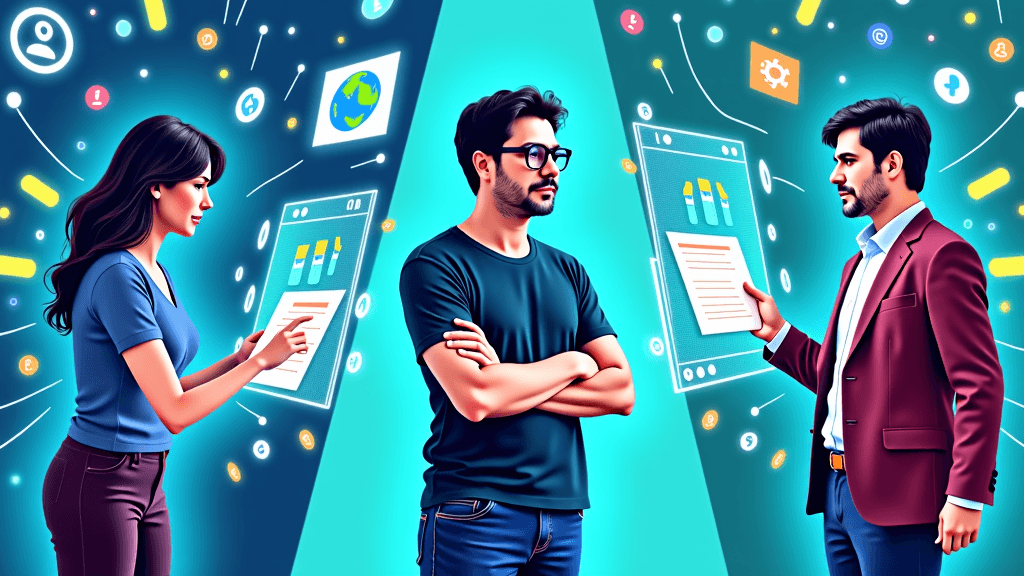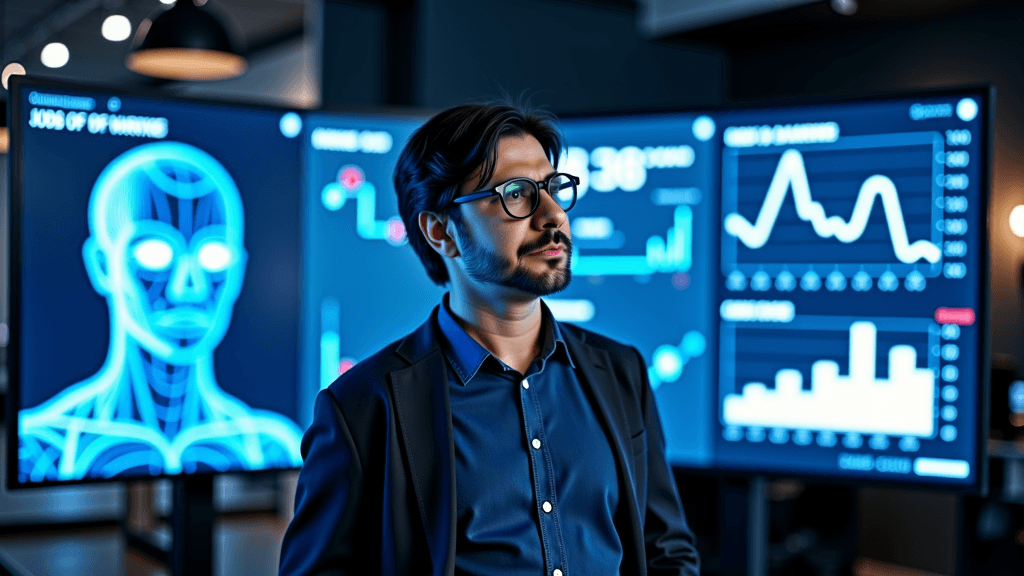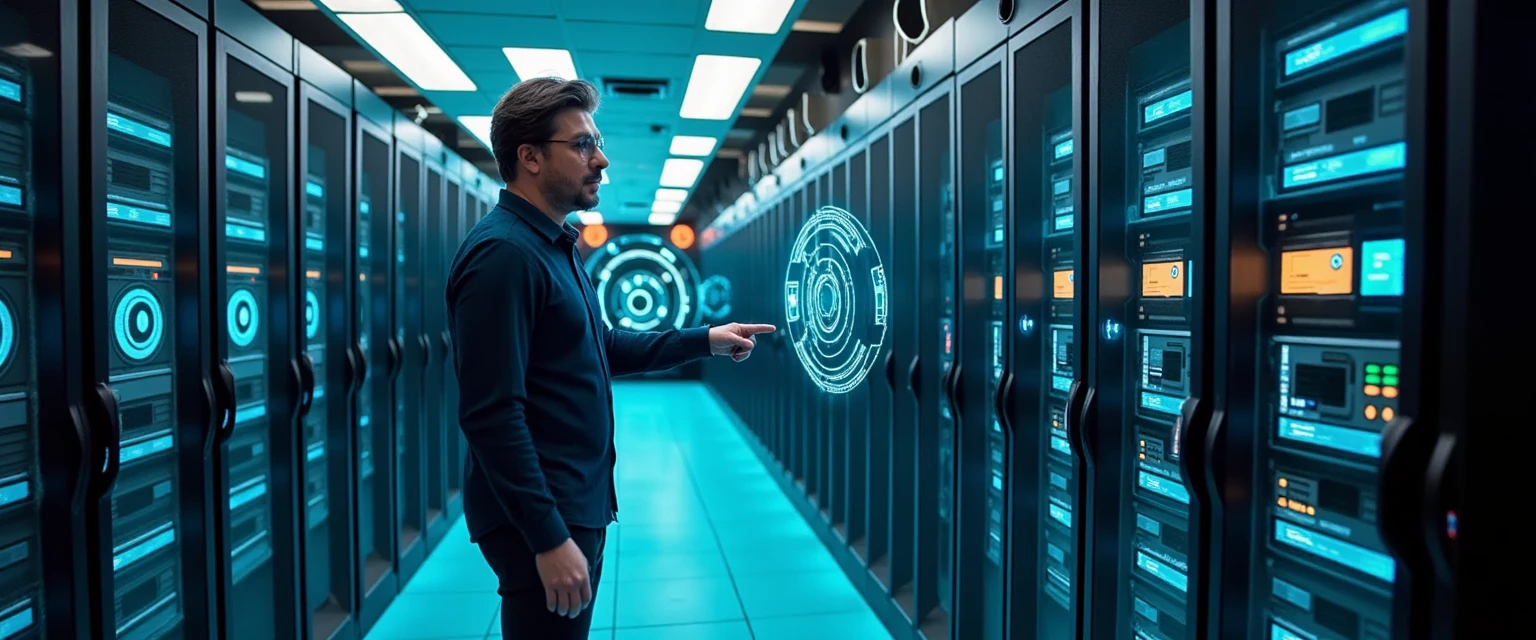The Future of AI: Recent Advances and Implications for Startups and Innovation
February 8, 2025 | by Matos AI

The AI Race: New Models and Their Implications
The world of Artificial Intelligence is constantly evolving, and the past few weeks have brought significant announcements that could change the technology landscape as we know it. As an entrepreneur and innovation expert, I’ve been following these developments closely, and today I want to share with you some thoughts on what this means for the startup and innovation ecosystem.
Google Gemini 2.0: A Qualitative Leap
Google recently released Gemini 2.0, its most capable AI model to date. This release is not just another increment, but a significant leap towards more autonomous and capable AI agents.. According to the company, these models can better understand the world around us, think several steps ahead and take actions on our behalf, under our supervision.
For startups, this opens up a world of possibilities. Imagine being able to automate complex tasks, from data analysis to customer service, with a level of sophistication that was previously unimaginable. However, it also brings challenges: how to stay relevant in a world where AI can perform more and more functions?
Join my WhatsApp groups! Daily updates with the most relevant news in the AI world and a vibrant community!
- AI for Business: focused on business and strategy.
- AI Builders: with a more technical and hands-on approach.
The Chinese Answer: ByteDance and OmniHuman-1
Meanwhile, ByteDance, the Chinese giant behind TikTok, is not far behind. Its OmniHuman-1 model represents a significant advance in generating realistic videos from a single image. This raises important questions about the veracity of online content and the ethical implications of using these technologies..
For media and content entrepreneurs, this technology offers incredible opportunities for creation and production. However, it also requires serious reflection on responsibility and ethics in the digital age.
AI in the Corporate Environment: The Oracle Case
Oracle, for its part, is integrating AI agents into its HR solutions, automating routine tasks and allowing HR professionals to focus on more strategic activities. This illustrates how AI is penetrating all areas of organizations, not just technical departments.
For startups operating in the B2B sector, especially in enterprise solutions, this move by Oracle signals a clear trend: the need to incorporate AI significantly into their products to remain competitive.
Democratization of AI: Mistral and Verizon
Mistral, with its Le Chat assistant, and Verizon, offering access to Google One AI Premium, are bringing advanced AI capabilities to the everyday user. This marks the beginning of an era where access to cutting-edge AI tools will no longer be exclusive to large corporations or researchers..
For entrepreneurs, this means that the barrier to entry for creating AI-based solutions is rapidly decreasing. The question now is not whether you can use AI, but how you can use it in innovative and differentiated ways.
What Does This Mean for the Startup Ecosystem?
1. Innovation Opportunities: With more powerful and accessible AI models, new opportunities emerge to create innovative products and services in virtually every industry.
2. Need for Rapid Adaptation: Startups will need to be agile to incorporate these new technologies into their products and processes.
3. Focus on Human Value: As AI takes on more tasks, startups will need to focus even more on the value that only humans can provide: creativity, empathy, and strategic thinking.
4. Ethics and Responsibility: Developing ethical policies and practices in the use of AI will be crucial to building trust with users and investors.
5. New Business Models: AI will open doors to innovative business models based on extreme personalization and operational efficiency.
Conclusion: Preparing for the Future
The advancement of AI is not just a technological trend, but a fundamental transformation in the way we do business and interact with technology. For startups and entrepreneurs, this is a time to prepare and adapt.
In my mentoring and consulting for startups and companies, I have emphasized the importance of not only adopting these technologies, but doing so strategically and ethically. The future belongs to those who can not only use AI, but integrate it in ways that augment human capabilities, rather than replace them.
How are you preparing for this AI-driven future? Share your thoughts and experiences in the comments!
✨Did you like it? You can sign up to receive 10K Digital's newsletters in your email, curated by me, with the best content about AI and business.
➡️ Join the 10K Community here
RELATED POSTS
View all



